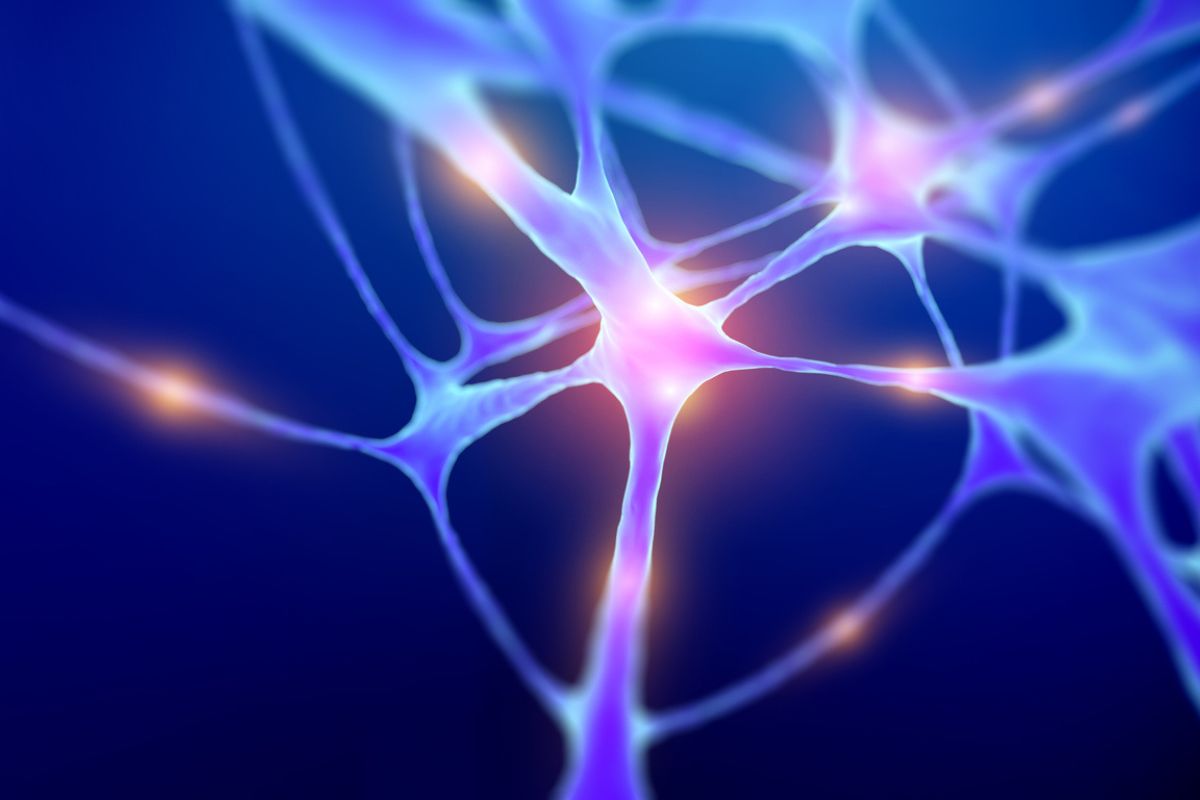Editor note: This spring, representatives of Psychiatrist.com attended two of the industry’s largest annual conferences. Over the next several days, we’ll break down some of the presentations from those events. Today’s dispatch covers a pair of studies that offer some hope for schizophrenia treatment.
SCOTTSDALE, Ariz. — Two new studies presented at this year’s American Society of Clinical Psychopharmacology (ASCP) Congress offer hope for patients living with schizophrenia. Pharmaceutical giant Abbvie sponsored both projects.
Dopamine Partial Agonists Linked to Lower Sedation Risk
The first poster illustrates that there is a future where certain antipsychotic medications don’t come shackled to the drowsiness that weighs down most treatments.
AbbVie researchers oversaw an indirect comparison using two Bayesian network meta-analyses to gauge the probability of somnolence or sedation linked to two classes of atypical antipsychotics:
- Dopamine partial agonists, such as cariprazine or aripiprazole.
- And D2 receptor antagonists, such as quetiapine or risperidone.
The researchers found that among individuals with schizophrenia, dopamine partial agonists showed a 57% lower risk of somnolence or sedation.
These adverse effects – common with so many antipsychotics – can dramatically influence a patient’s daily functioning, threatening their quality of life. The authors added that minimizing drowsiness isn’t just a comfort issue. It’s a crucial step in fostering treatment adherence.
“Somnolence and sedation are among the most bothersome side effects for patients, often influencing their willingness to stick with treatment,” the authors wrote. “These findings suggest that dopamine partial agonists may be a more tolerable option for many.”
The researchers sorted through data from 10 randomized, placebo-controlled studies in depression and 50 studies in schizophrenia. The analysis excluded certain subgroups (such as patients with treatment-resistant schizophrenia or first-episode presentations) to boost comparability.
In an effort to ensure the reliability of their results, the investigators also compared different statistical models to measure the consistency of findings. Both direct and indirect comparisons showed stable results.
As clinicians continue the fight to balance treatment efficacy with a better patient experience, the results of this study might offer greater insight into how pharmaceuticals (and providers) can better tailor antipsychotic therapy to each patient.
Cariprazine Use Linked to Reduced Sleep Medication
Another ASCP poster detailed a new real-world analysis that shows that patients with bipolar I disorder (BP-I), schizophrenia (SCZ), or major depressive disorder (MDD) used sleep medications less often after starting treatment with cariprazine.
The study, led by the University of Toronto’s Roger McIntyre, MD, assessed insurance claims data from more than 67,000 adults between 2014 and 2022. Researchers tracked prescription patterns for common sleep aids (such as zolpidem, temazepam, and eszopiclone) before and after patients began taking cariprazine.
What the researchers found is that:
- After starting cariprazine, patients weaned themselves off of sleep aids. This persisted across all diagnostic groups. The percentage of patients using sleep medications decreased during the follow-up period.
- High Discontinuation Rates: Patients already taking sleep meds appeared to be the most likely to stop after starting a cariprazine regime.
- Even better, the team discovered that those patients who weren’t taking sleep meds before the cariprazine rarely began taking them afterward.
Regulators have approved cariprazine for the treatment of manic, mixed, and depressive episodes in BP-I, schizophrenia, and as an adjunctive therapy in major depressive disorder. Its broader efficacy could help reduce the need for additional medications like sleep aids.
Consequently, that added benefit could help curb polypharmacy, which is often linked to side effects, drug interactions, and increased healthcare costs.
Although the study results hint at a promising way forward, the researchers warn that the data is observational and can’t prove causation. It also relied solely on prescription fill data (and not actual medication use), which might not reflect accurate (and more recent) treatment trends.
Still, the results offer some hopeful insight into how cariprazine might support streamlined, more tolerable treatment regimens for complex psychiatric conditions.
Further Reading
Efficacy of GLP-1 Agonists in Mental Disorders



